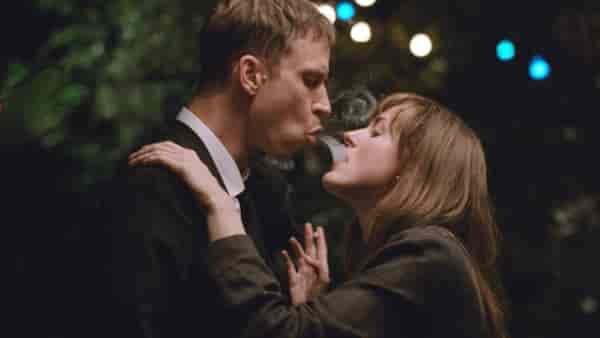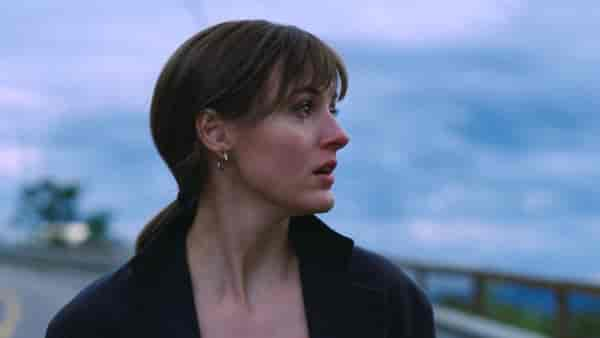The Worst Person in the World review: A piercingly honest portrayal of the messiness of life
Streaming on MUBI, Joachim Trier’s coming-of-age film for grownups addresses the chaos, love and losses in life as they are

Last Updated: 02.16 PM, May 15, 2022
STORY: A medical student takes a detour to opt for photography as a profession instead. Then comes the love affairs, existential uncertainty and death that Julie navigates with care and subtlety to figure out who she really wants to become.
REVIEW: Extraordinarily believable and piercingly honest, Danish-born Norwegian director Joachim Trier’s critically acclaimed tragicomic romance The Worst Person in the World presents life as is. In a span of 128 minutes, the filmmaker cleverly puts together the many riddles of life that we often choose to pass over only to get entangled in them. Set in modern-day Oslo, Joachim describes it as “a coming-of-age film for grownups who feel like they still haven’t grown up”. The movie is his third offering in the ‘Oslo Trilogy’, following Reprise (2006) and Oslo, August 31st (2011). After premiering at the 2021 Cannes Film Festival and receiving awards and worldwide recognition thereafter, The Worst Person in the World went on to be nominated for the Oscars too.
The movie’s central character is a vivacious yet undecided young girl named Julie (Renate Reinsve), who gives up her medical course when she realises that it’s not the human body but what goes on in a person’s mind that intrigues her. But soon she loses interest in psychology too and figures that her real calling is photography. She then spends her entire student loan on buying an expensive camera and lenses. Nevertheless, she gets her mother’s blessing to pursue what her heart desires.
This sets the premise for what is to unfurl in her life ahead - told in 12 chapters. Is she one confused millennial who cannot make up her mind? Certainly not. A potential high-achiever, Julie is a brilliant girl and an extremely warm person. What engulfs her though is the existential crisis that we all find ourselves in but fail to acknowledge until much later into adulthood. She dares to continue seeking and never hesitate to ask questions, even if it’s to herself. Now turning 30 soon, she falls in love with graphic novelist Aksel (Anders Danielsen Lie), who is in his 40s. They decided to move in together, and it wasn’t an impulsive decision for her. That said, she wasn’t ready to start a family yet either. While they seem a happy couple, with him being appreciative of her occasional but excellent writing pursuits, it doesn’t take long for things to get overshadowed by his art and career. She found herself rather playing a support role or being a spectator in her own life. And clearly, she wouldn’t want anybody to mistake her less analytical persona as her weakness.

Deep down, she was still looking for someone who fits her psyche. Julie then meets Eivind (Herbert Nordrum) at a wedding that she gatecrashes, and the two spend the evening blissfully exploring the rulebook for ‘cheating’. Much like the contours of her own mind, the film dabbles in moments of daydreaming, joyful imagination and hallucinogenic horror. However, What keeps you engrossed in the film - apart from the brilliant performances, of course - is its brutal, unpretentious style of storytelling. The script acknowledges the lows and messiness of life, the choices we make and the circumstances we face, but it doesn’t necessarily use them as a source of inspiration or a determination to start over again. The film shows life as a work in progress, but there is no hurry to learn lessons and move on. The narrative aside, you cannot miss the film’s love affair with the charming views of the scenic Norwegian capital.
VERDICT: An unmissable film! The Worst Person in the World is more than a one-time watch. Julie’s energy, vivacity and her power to see through life gives you a fresh perspective to look at the many imperfections - chaos, love and losses - that truly describe us. Her resonance and tenacity shine through the brutally honest and mesmerising storyline.
*Reema Gowalla is an arts and culture journalist, who mostly writes about theatre and independent cinema, and sometimes also delves into culinary heritage.

 Premium
Premium